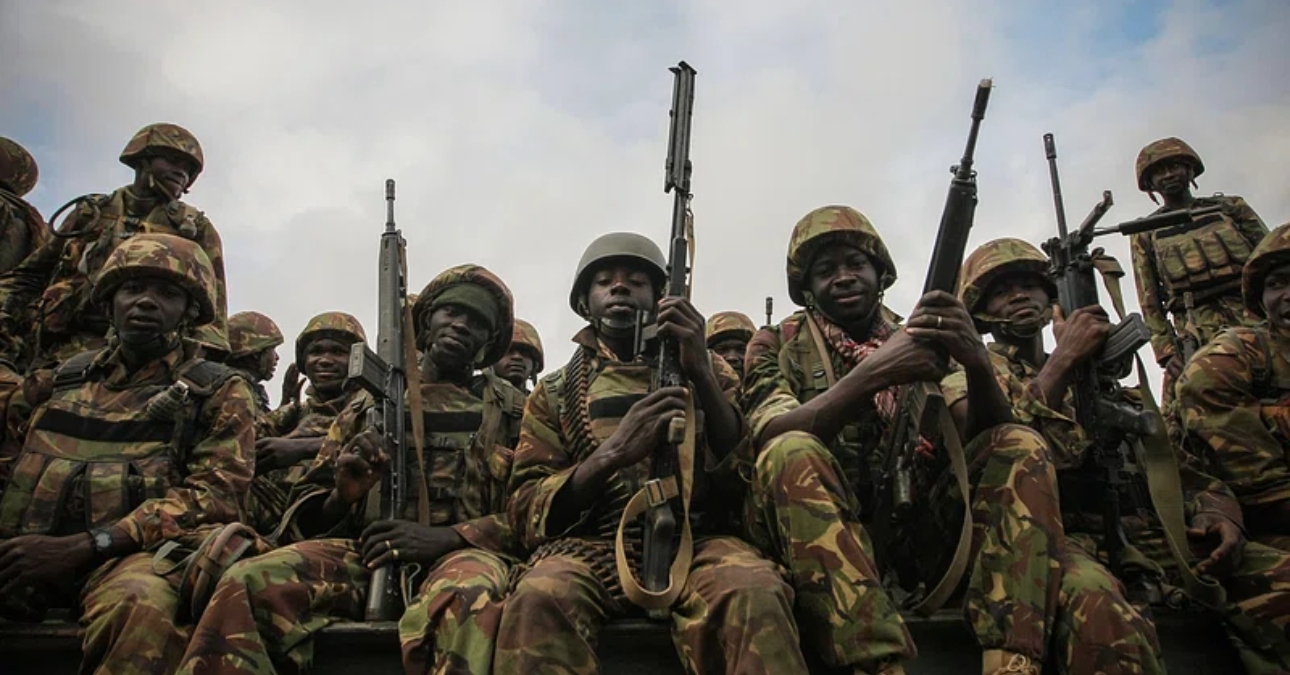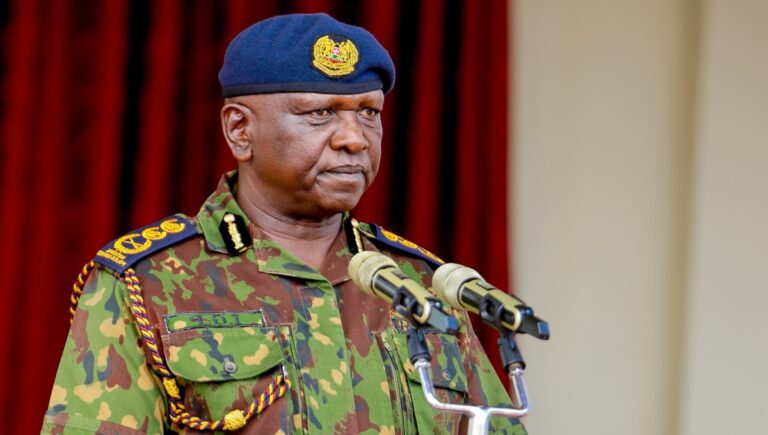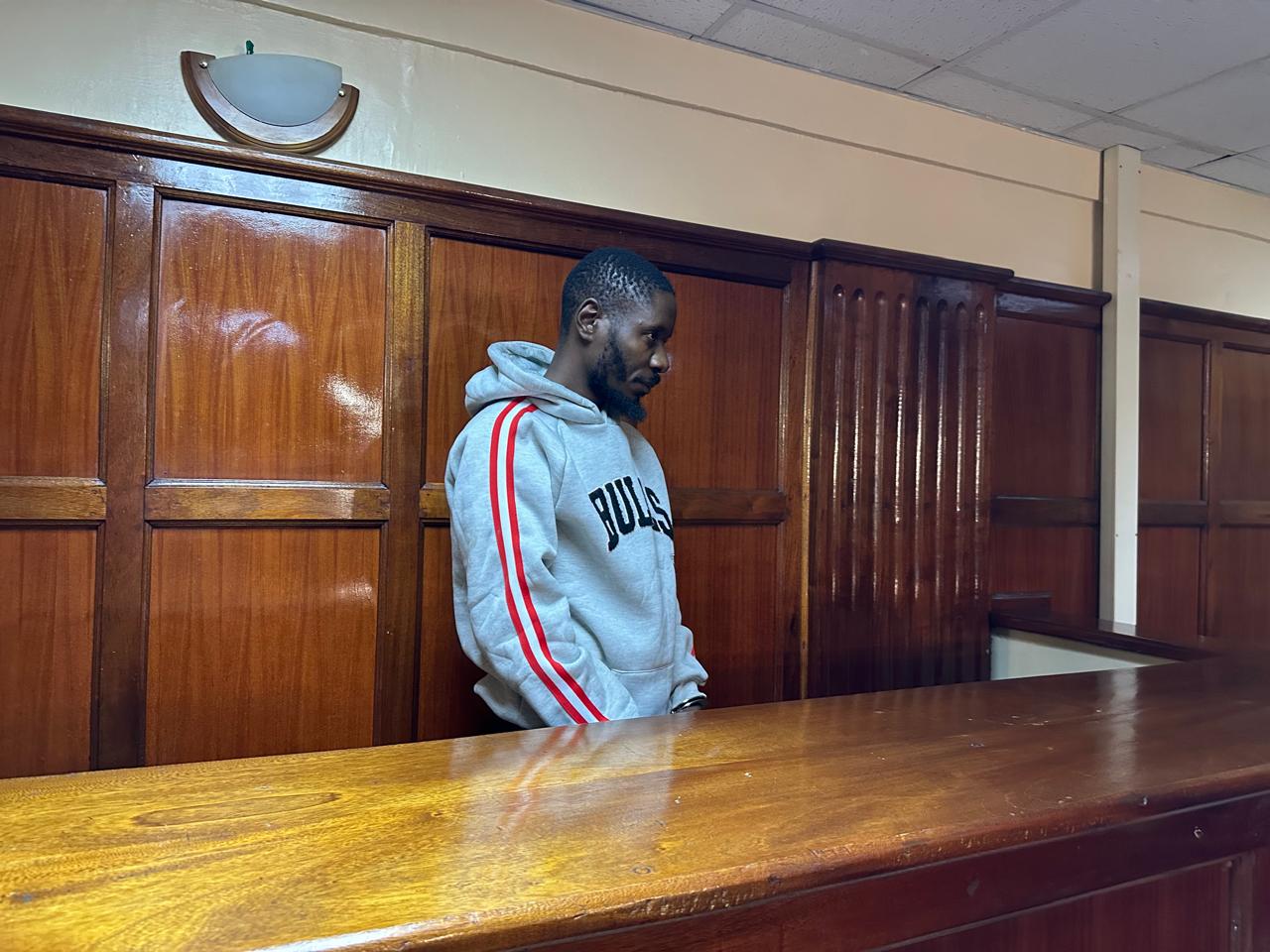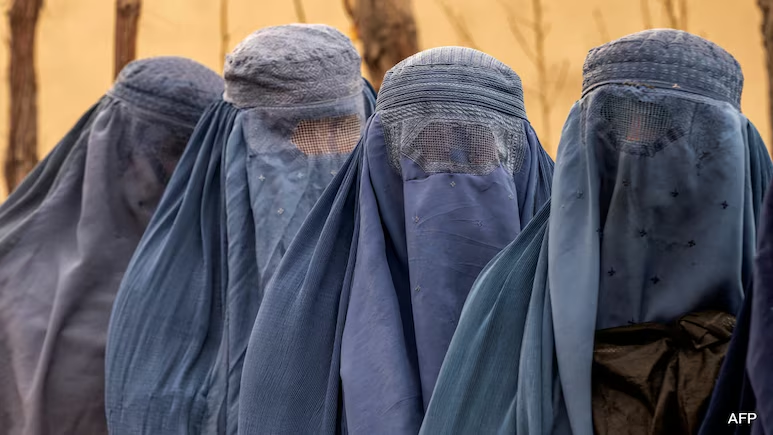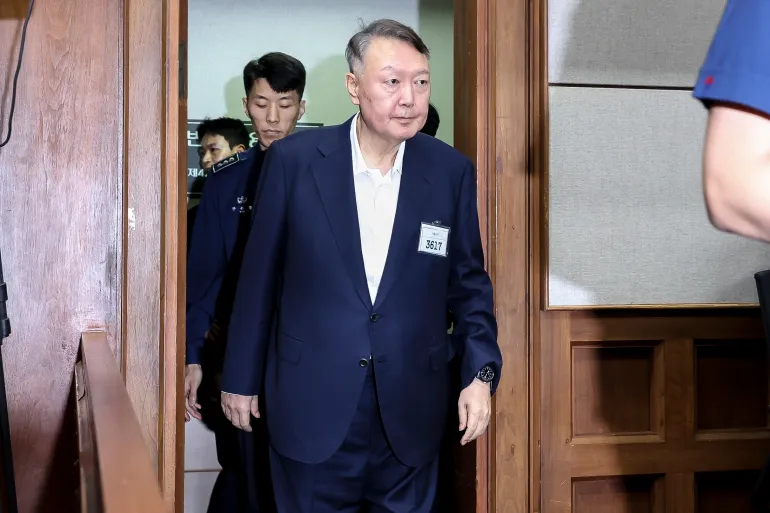A significant and accelerating wave of successful military takeovers has been reshaping the political landscape across Africa, particularly in the Sahel region, since 2020. This trend signals deep public frustration with corruption, poor governance, and the failure to contain escalating insecurity.
The series of coups began on 18 August 2020 in Mali (Coup 1), led by Colonel Assimi Goïta and the CNSP, triggered by widespread anger over government corruption, economic stagnation, and the failure to contain a rapidly growing Islamist insurgency.

This was followed by a counter-coup on 24 May 2021, where Colonel Goïta again took control, ousting the civilian transitional leaders. This move was justified by a failure to consult the military on a government reshuffle, effectively allowing the armed forces to consolidate power.
In Chad, the military seized power on 20 April 2021, establishing a Transitional Military Council led by General Mahamat Déby following the death of President Idriss Déby Itno, who was killed while fighting rebels.

The military opted for this transitional council instead of following the constitutional line of succession.
Just a few months later, on 5 September 2021, Guinea saw the overthrow of 83-year-old President Alpha Condé by Colonel Mamady Doumbouya and the CNRD.

Public discontent over Condé’s controversial third-term constitutional change, coupled with persistent corruption and poverty, drove this takeover.
Sudan experienced a coup on 25 October 2021, led by General Abdel Fattah al-Burhan, who dissolved the civilian-led transitional government.
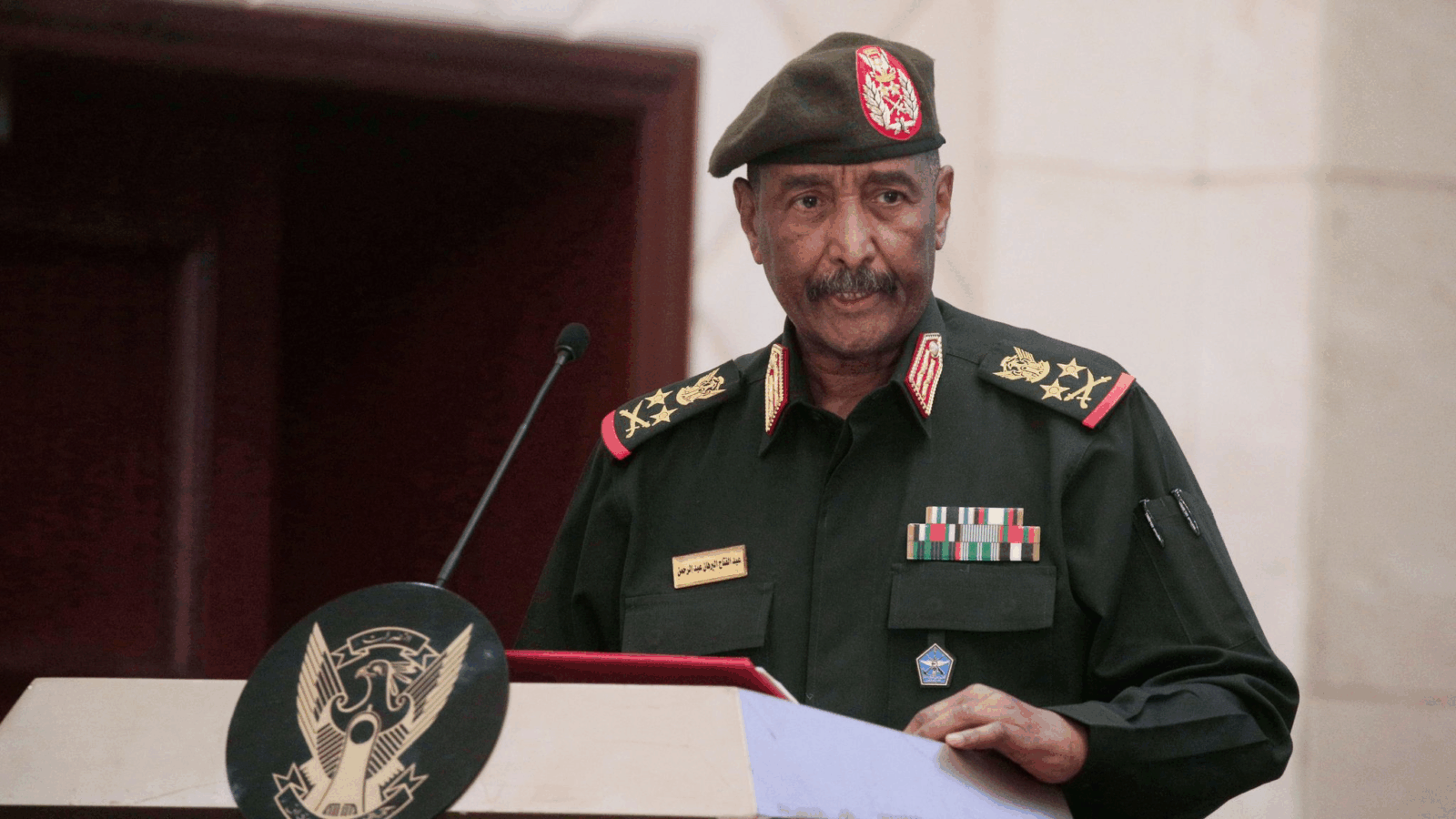
The military cited mounting political and economic tensions as the primary reason for dissolving the joint council that was intended to guide Sudan toward democracy.
The security crisis in the Sahel then triggered two subsequent takeovers in Burkina Faso. The first coup occurred on 23 January 2022, led by Lieutenant-Colonel Paul-Henri Sandaogo Damiba, who ousted President Roch Kaboré due to his government’s perceived failure to adequately respond to the growing jihadist insurgency.

This was followed by a counter-coup on 30 September 2022, where Captain Ibrahim Traoré seized control from Damiba, citing his predecessor’s failure to improve the security situation.

This second takeover was driven primarily by rank-and-file frustration over military losses and strategy against the insurgents.
More recently, on 26 July 2023, the Presidential Guard in Niger, led by General Abdourahamane Tchiani, overthrew the democratically elected President Mohamed Bazoum, citing poor governance, economic hardship, and the failure to combat regional insecurity.

This was quickly followed by the coup in Gabon on 30 August 2023, where the CTRI overthrew President Ali Bongo Ondimba moments after a disputed election, justifying the action by citing institutional crises, corruption, and irresponsible governance.

The most recent successful power grabs include the military seizing power in Madagascar on 12 October 2025 amid severe economic hardship and massive public protests over cost-of-living issues.

The latest reported incident occurred in Guinea-Bissau on 26 November 2025, where military forces took over, with early reports citing prolonged political infighting and institutional deadlock as the primary triggers.

The sheer volume of these takeovers highlights a deep crisis of confidence in democratic institutions across several African nations.
The reasons are remarkably consistent an Insecurity Crisis in the Sahel, where the failure of elected governments to defeat or contain violent extremist groups has directly fuelled military intervention.
Corruption and Stagnation in countries like Guinea and Gabon, where the military capitalised on widespread public anger over entrenched poverty and constitutional changes to keep aging leaders in power and Internal Military Discontent revealed by counter-coups, where one armed faction ousts another based on perceived failure, often over military strategy or control of the transition.
The current geopolitical environment means that these coups are often met with sanctions and regional condemnation, but the underlying factors of weak governance and instability continue to create fertile ground for further military takeovers.


